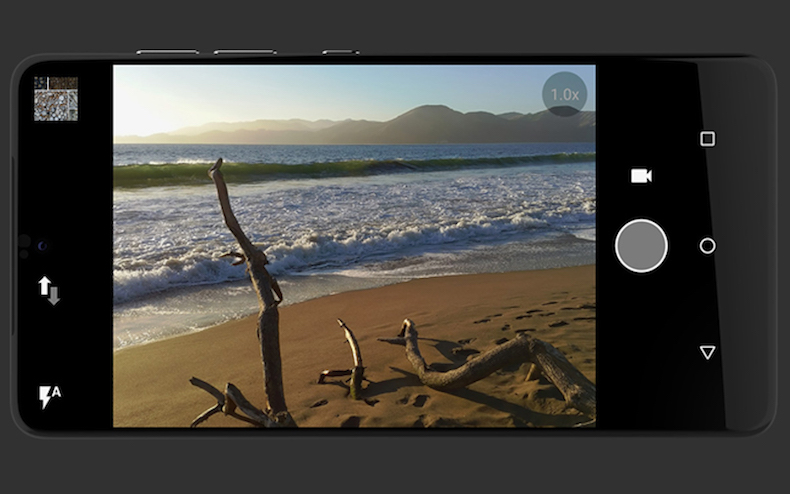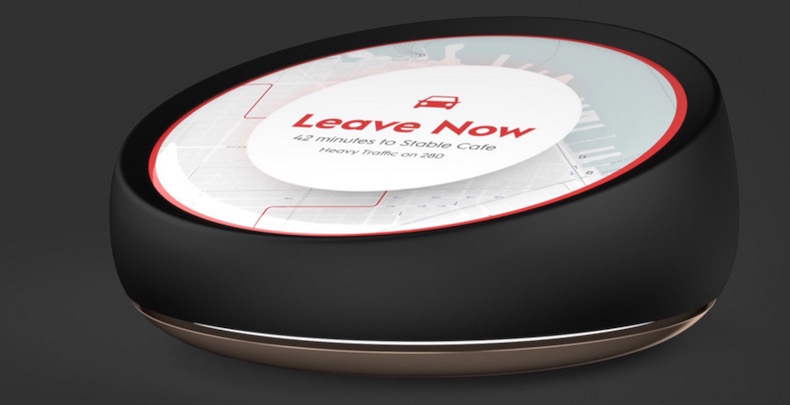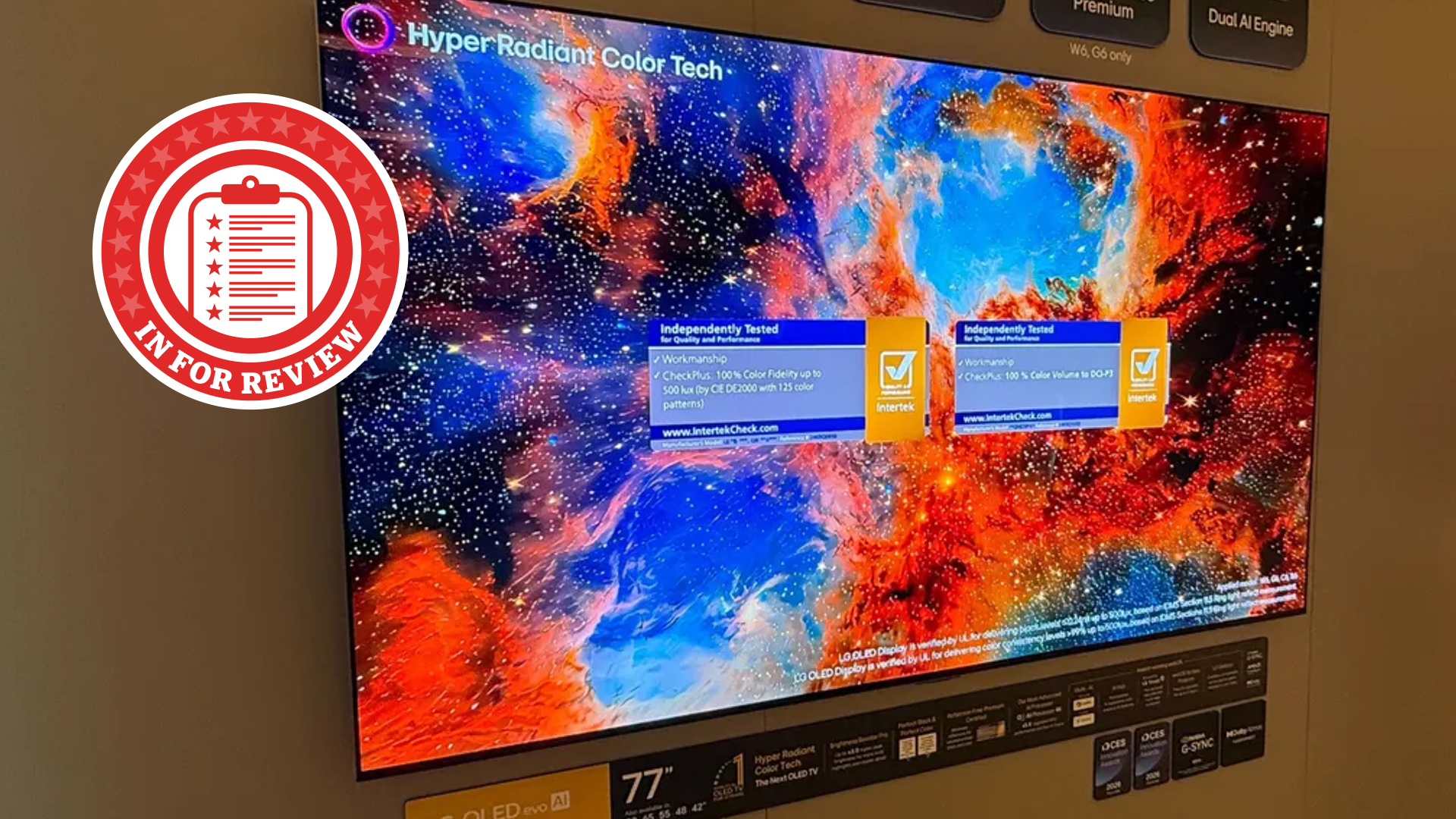Android inventor Andy Rubin launches new Essential phone and smart assistant
Andy Rubin's new company, Essential Products, has released information about the Essential Phone and Essential Home, powered by the new operating system Ambient OS.

The latest hi-fi, home cinema and tech news, reviews, buying advice and deals, direct to your inbox.
You are now subscribed
Your newsletter sign-up was successful
Smartphones are too difficult to use, and it's not your fault. That's according to Android-inventor Andy Rubin. Writing on his blog, Rubin says how he sees "less choice and more unnecessary features cluttering our lives".
He describes this as an "increasing sea of products that don't work with one another…"
Thankfully, Rubin's new company, Essential Products, has just released details of a new smartphone, called the Essential Phone, and AI speaker, the Essential Home.
The company has also designed a new operating system, Ambient OS.
MORE: Fyne Audio launches at Munich High End Show 2017

The Essential Phone looks like most smartphones, basically a slab of glass. The screen resolution is 2560 x 1312, and it has a peculiar aspect ratio of 19:10.
Following the trend for edgeless mobile devices, such as the Samsung Galaxy S8, the Essential Phone's screen goes right to the top of the phone, curving around the front-facing camera, with just a little bezel at the bottom. As this is the 'essence' of smartphone; there isn't even a logo to be seen.
The latest hi-fi, home cinema and tech news, reviews, buying advice and deals, direct to your inbox.
The company claims the phone will survive being dropped “without blemish, unlike the aluminium competitor devices.” That's some mighty heavy shade being thrown at Samsung and Apple.
Powering the phone is a Qualcomm 835 processor, 4GB of RAM, and 128GB of storage - standard for the $700 (around £540) smartphone.
Essential Products is looking to build an ecosystem of accessories, but instead of putting extra ports on the phone, they will clip onto the back of the phone using its magnetic connector and wireless data transfer.
The first accessories we know about are a 360-degree camera and a charging dock, with more surely to follow.
MORE: Samsung Galaxy S8 iris scanner already hacked

The Essential Home speaker is aimed at the market occupied by the Google Home, Amazon Echo and Microsoft's as-yet unreleased Cortana speaker, but is claimed to improve on concerns over privacy.
It lets you control your music, ask general interest questions, set timers and control your lights, but most of the processing takes place in the device itself, not in the cloud. As such, Essential is positioning itself as a company that won't monetise your data.
The Essential Home is powered by Ambient OS, which will learn the layout of your home to sync better with your smart things.
It's a tough goal, but it will certainly be interesting to see if Rubin can repeat his Android success for a second time.
Adam was a staff writer for What Hi-Fi?, reviewing consumer gadgets for online and print publication, as well as researching and producing features and advice pieces on new technology in the hi-fi industry. He has since worked for PC Mag as a contributing editor and is now a science and technology reporter for The Independent.
